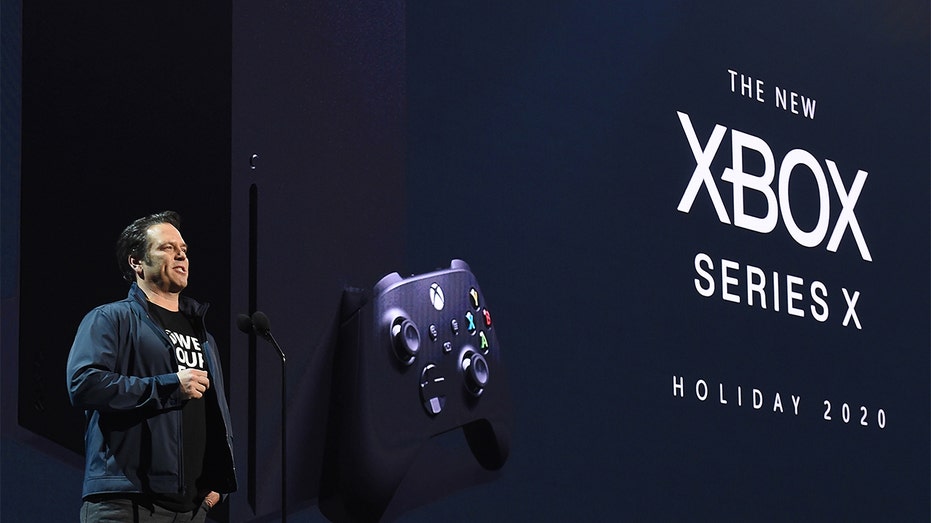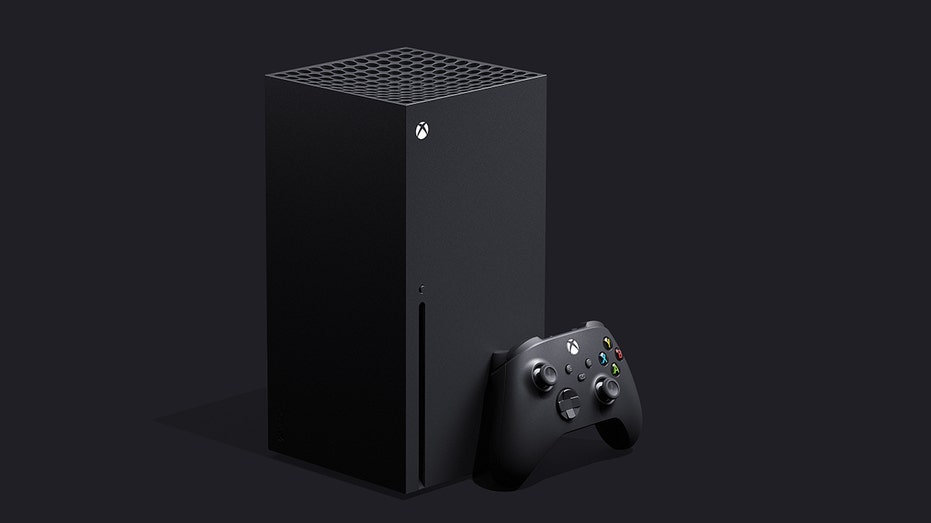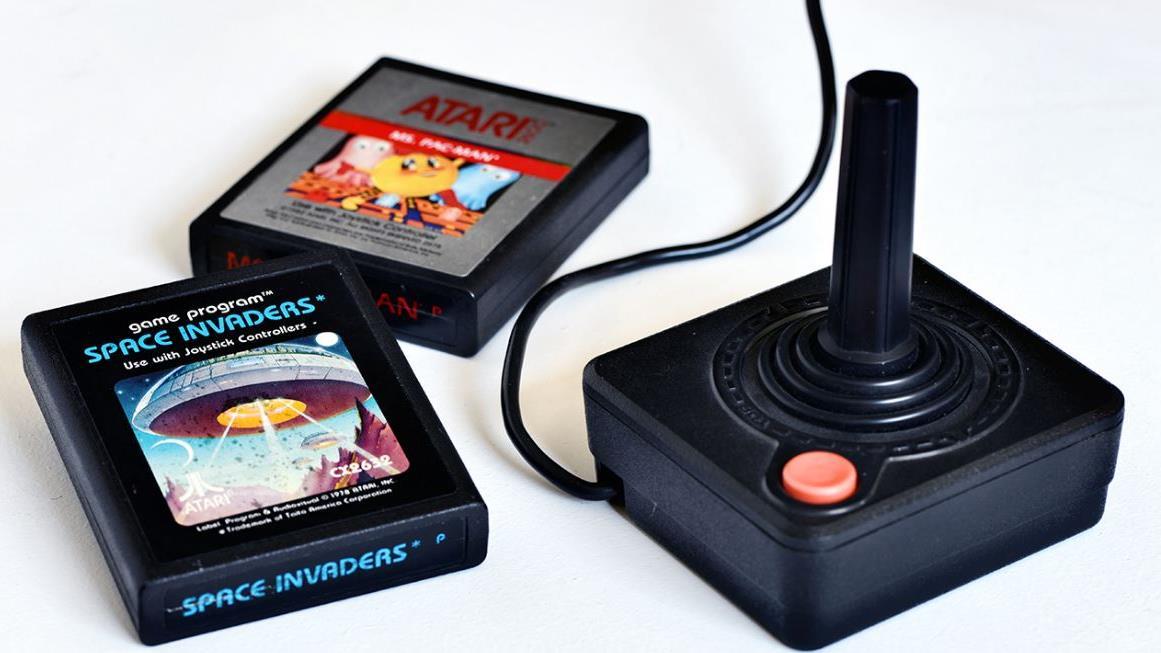Xbox Series X, PlayStation 5 set for video game console war in 2020
Microsoft, Sony to battle for consumer attention and cash
Microsoft and Sony will each unveil the next generations of their flagship video game consoles in 2020, setting up a battle between two of the video game industry’s biggest rivals for consumer cash and attention.
Microsoft gave an early look at its Xbox Series X at the Game Awards in December, while Sony confirmed the PlayStation 5’s impending arrival in October. Few details have emerged on their costs and capabilities, but both consoles promise to deliver powerful next-gen performance specs and an array of exclusive video game titles when they hit shelves during the 2020 holiday season.
The Xbox Series X and PlayStation 5 will enter a rapidly changing video game market as streaming services like Twitch, esports competitions for “Fortnite” and cloud-gaming platforms define how gamers play. Still, more traditional concerns are likely to decide which company gains an early advantage, according to industry experts.

Head of Xbox, Phil Spencer, unveils the Xbox Series X with "Senua’s Saga: Hellblade II" at The Game Awards 2019 at the Microsoft Theater on Dec. 12, 2019 in Los Angeles, Calif. (Frank Micelotta/PictureGroup)
“If we’re talking about just the holiday 2020 period, it will likely come down to which console has more units available to sell,” Mat Piscatella, executive director of games at market research firm NPD Group, told FOX Business. “The first months of a new hardware cycle are generally supply constrained. In the hypothetical where supply is not an issue, then it will come down to content and, secondarily, price.”
Sony enters the latest round of the so-called “console wars” with momentum. The PlayStation 4 has sold more than 100 million units since its 2013 release, according to Sony, compared to roughly 47 million units for the Xbox One, according to International Data Corporation. As console sales slowed, Sony and Microsoft unveiled subscription services – PlayStation Now and XBox Game Pass – to keep gamers engaged with their products.
At its launch, PlayStation 4 touted higher performance specs and a cheaper price at $400 than the XBox One, which retailed for $500. Microsoft opted to bundle its console with a “Kinect” motion capture device that was poorly received by gamers. Any differences in pricing should have a similar impact on early sales for this console generation.
“Microsoft made the Xbox One too expensive at launch with the inclusion of Kinect, which wasn’t necessary,” said industry analyst Pelham Smithers. “Ideally price at ... $399 — anything above that risks being undercut by the other player [or] consumers taking a ‘wait-until-price-comes-down-or-killer-app-game-is-released’ attitude.”
At present, the Xbox Series X and PlayStation 5 are expected to launch with similar performance specs, such as 8K visuals and ultra-short load times.
Xbox executive Phil Spencer said in a December blog post that the Series X is "our fastest, most powerful console ever," featuring a share button designed for quick upload of game clips. PlayStation 5 lead system architect Mark Cerny told Wired last April that the console "allows for fundamental changes in what a game can be."
With comparable capabilities for their consoles, the two companies will rely on exclusive game launches, subscription content and features such as backward compatibility with older consoles to differentiate their products.
"The first job is for Sony to get its existing PlayStation Plus subscribers to migrate to PS5 and Microsoft to migrate its Xbox Gold and Games Pass subscribers to migrate," Smithers said. "So each needs a compelling software to get customers to migrate. Both players will be hoping that classic multi-platform annual releases like Call of Duty, FIFA, NBA2K and Madden football provide sufficient incentive to migrate, and both will be hoping that if there’s any exclusivity, it favors them."

An ability to harness social gaming platforms is also a key consideration in 2020. Games like “Fortnite” and “League of Legends” have given rise to vibrant online communities and competitions that sell out stadiums. Platforms such as streaming giant Twitch and communication hub Discord function as virtual gathering places for gamers.
GET FOX BUSINESS ON THE GO BY CLICKING HERE
“Gaming is a social hub now, it’s where friends and family get together not just to play, but to talk about everything that’s going on in their lives outside of gaming,” said Piscatella. “I’m curious to understand how these platforms will make it easier for people to connect and engage through gaming.”
A video game industry once dominated by hardware releases and physical game discs has transitioned to digital services in recent years, with many customers preferring for digital downloads rather than a trip to the local GameStop. The trend has upended the industry’s brick-and-mortar retail model and raised questions about whether consoles will even exist within the next decade.
Google debuted its cloud gaming service Stadia to mixed reviews in late 2019, while Microsoft is developing its own platform dubbed Project xCloud. Still, technical limitations have curbed the initial appeal of these services and should preserve the console model for at least one more generation, according to experts.
“Competing cloud services could slightly shorten console cycles compared with prior ones, but it will take time for these new cloud offerings to gain traction, especially given their unproven nature and technical challenges,” said Scott Kessler, global sector lead for technology, media and telecoms at Third Bridge. “We should know over the next decade whether these cloud gaming services will become more than category disruptors, but our sense from talking with industry experts is the PlayStation 5 and Xbox Series X could be the penultimate mass-market console generation.”




















